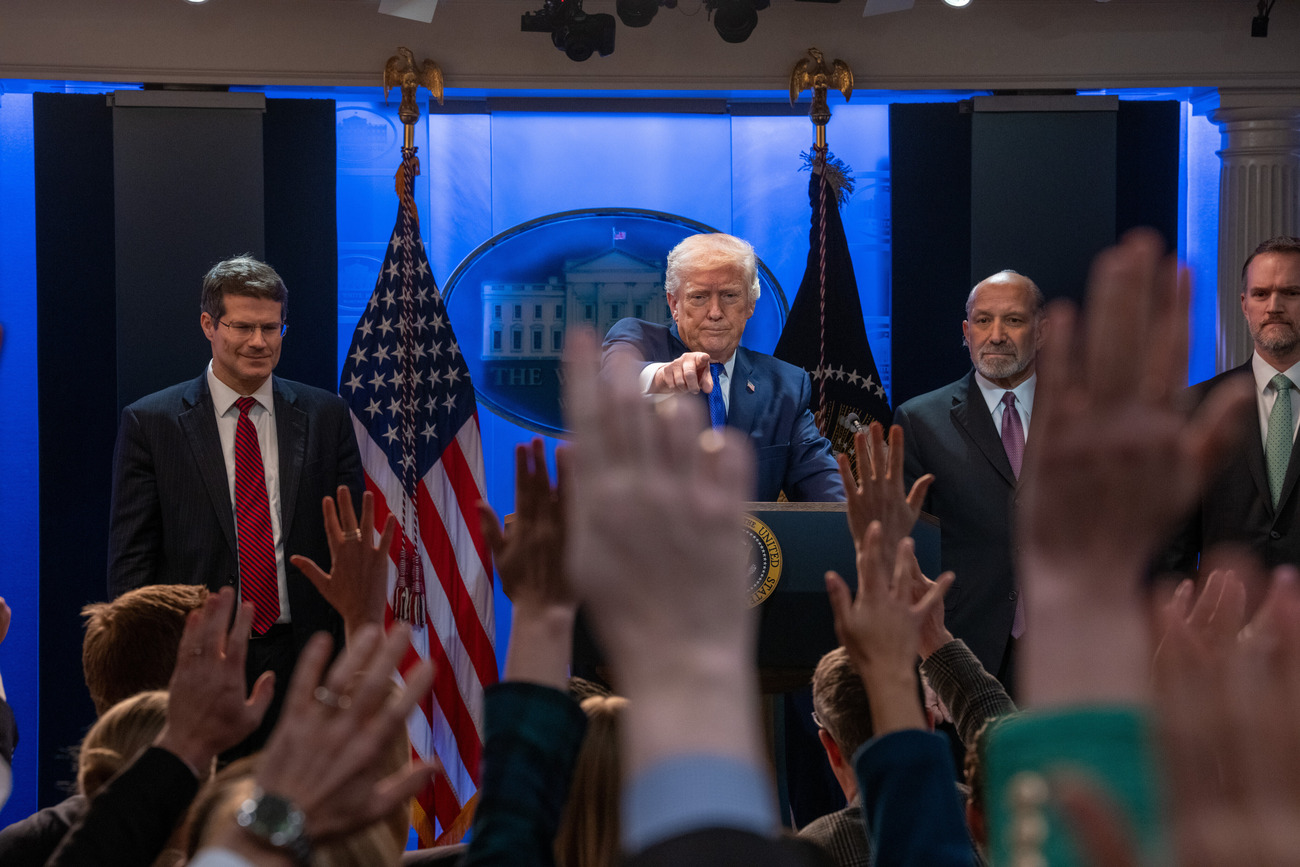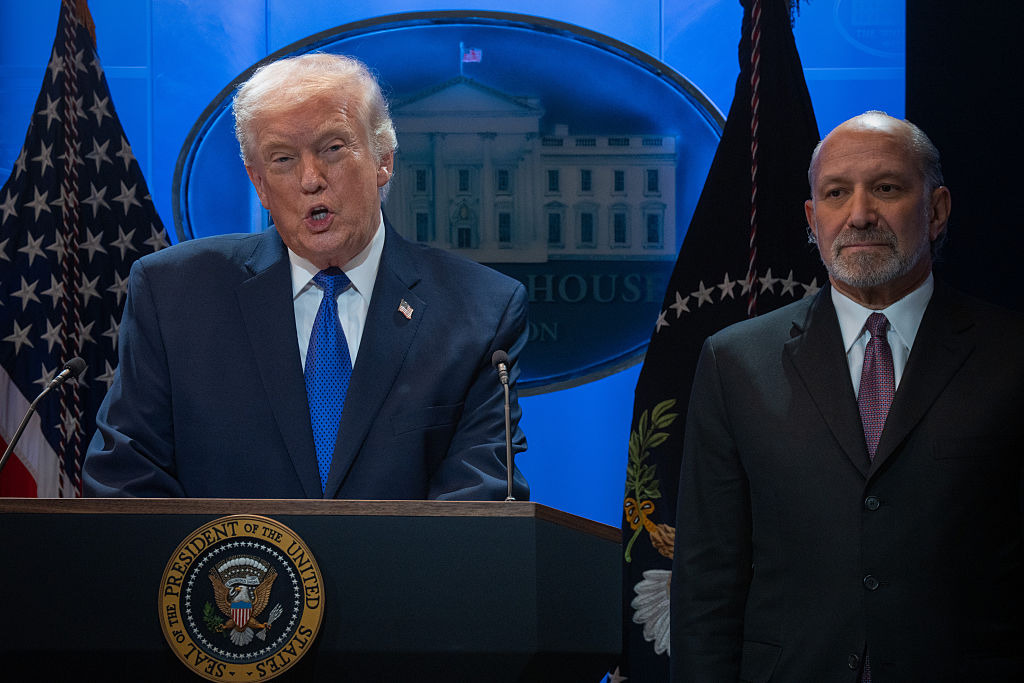Supporting U.S. Interests by Expanding Hemispheric Trade
Supporting U.S. Interests by Expanding Hemispheric Trade
"Additional efforts should be undertaken to expand hemispheric trade, even under current political conditions," writes COA's Eric Farnsworth for The Huffington Post.
The administration's announcement June 13 that Colombia has met the commitments necessary to enact the trade agreement signed in 2006 could potentially pave the way for much-needed job creation here in the United States. Instead, budget politics continue to overwhelm the Colombia agreement as well as pending agreements with Panama and South Korea.
These agreements are stalled—again—by a dispute between the White House and Republican Congress over reauthorization of the Trade Adjustment Assistance program. TAA, as it is commonly known, was originally designed to offer benefits to workers displaced by international trade, and has generally been reauthorized for decades on a bipartisan basis without too much fuss. Not this time. Republicans in Congress question the program's effectiveness and roughly $1 billion annual cost, and see it as an example of a program that the United States, with a $14 trillion deficit increasing by a trillion dollars each year, simply can no longer afford. For its part, the White House has said that TAA will have to come before the pending trade agreements are submitted. Negotiations are ongoing.
In the meantime, further delay will make it increasingly difficult to pass the trade agreements by the time Congress adjourns for the summer at the end of July. If we miss this window, the presidential primary season will intrude and it's quite possible that they will then languish further. As recently as June 1, Secretary of State Hillary Clinton told Colombia's Foreign Minister Maria Angela Holguin in Washington that she was confident the agreements would be passed by the end of this year. Meeting this deadline is possible, and, given receding US political and commercial influence in the hemisphere, increasingly urgent. Doing so, however, will require that Washington soon cut the political Gordian knot tying up trade policy.
Knowing this tight timing, opponents of US job creation through trade expansion see opportunity, particularly on Colombia, by pushing the line that Colombia remains a uniquely dangerous, rogue nation unable to protect its citizens or promote labor rights. They argue, as in a recent Congressional hearing, that support for US values requires that the agreement be rejected—as if job creation at home during a period of sluggish economic growth, economic development and poverty alleviation abroad, support for Latin American democracies, and promotion of US national interests in a region where close friends of the United States are scarce, are somehow not US values. Nonetheless, allegations of previous human rights abuses and political corruption are being packaged together and laid at the feet of the current government in Bogota in an attempt to obfuscate facts and delay the agreement further.
This is not at all to say that credible allegations of abuses should not continue to be investigated and wrong-doers brought to justice. They should and they must, if necessary through extradition to the United States. Ironically, however, failure to pass the agreement signed in 2006 undercuts our ability to promote human rights by showing us to be an unreliable partner even as Colombia increasingly has new options to pursue, including China.
Those who want to delay passage of the agreement in support of US values therefore have it exactly backward.
In the meantime, additional efforts should be undertaken to expand hemispheric trade, even under current political conditions. One area in particular cries out for attention: supporting a regional desire to build meaningful and effective links to the global economy in a manner that also supports broader US interests. As both Colombia's Holguin and Costa Rica's president Laura Chinchilla have said in Washington recently, for example, they want to expand their links to Asia through membership in APEC and also the Trans Pacific Partnership. With the United States set to host the next APEC meeting November in President Obama's home state of Hawaii, this would be a natural initiative for the United States to pursue. Besides supporting US interests in Latin America, it would cost the US taxpayer nothing. In a world of budget politics, this is perhaps the most compelling argument of all.








